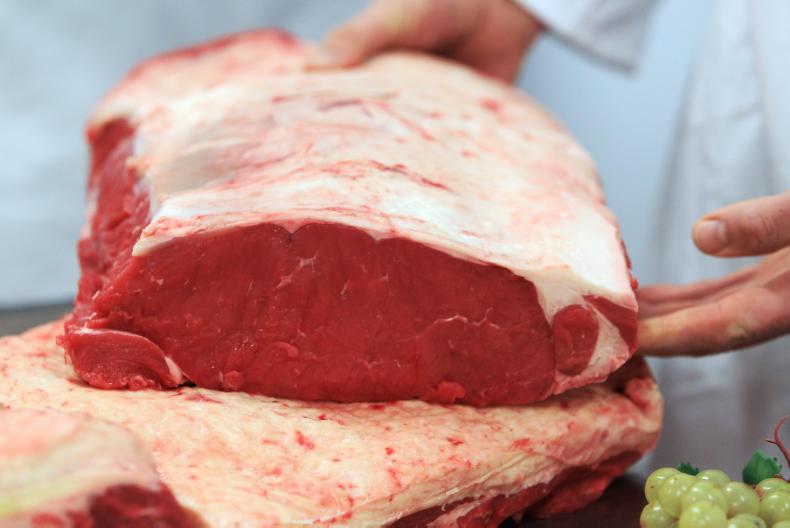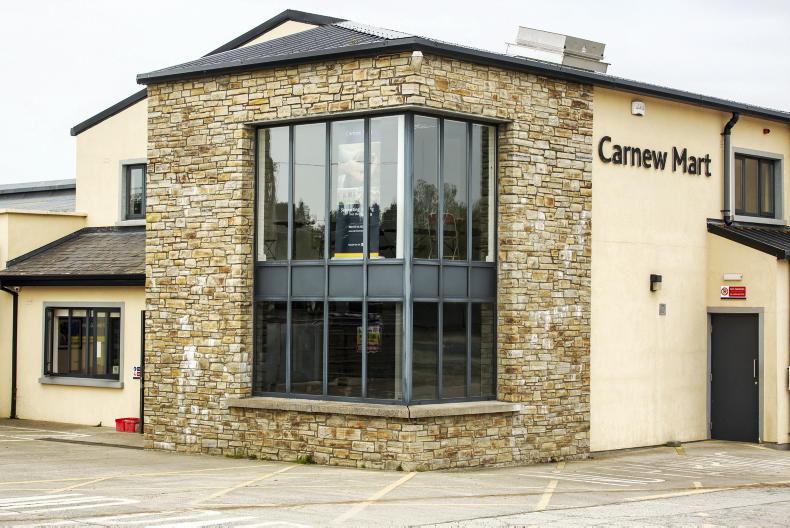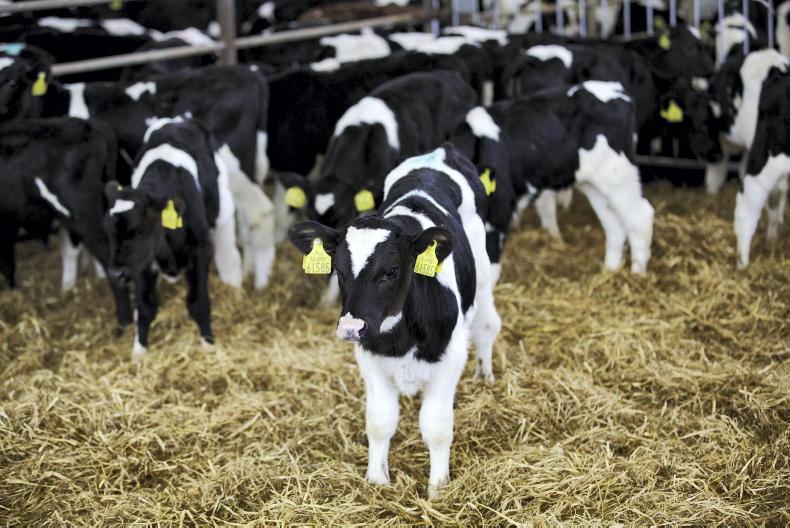In the week that the IFA published a report highlighting the different marketing structure for finished beef cattle in England compared with Ireland, one of Northern Ireland’s independent cutting plants is reported as having ventured into the abattoir side of the business.
Co Armagh-based Hewitt Meats has bought a small abattoir which was owned by a Dungannon-based co-op and is located next door to ABP’s Lurgan plant.
Family-owned business
Hewitt Meats is a family-owned business that like so many in the Irish industry north and south, started from humble beginnings. In 1974, when cattle prices collapsed, they opened an on-farm butchery specialising in selling bulk freezer orders to the public. In the years that followed, the business developed. Throughout the 1980s, it boned beef for intervention on behalf of abattoirs that did not have sufficient boning capacity of their own.
Since beef intervention ended, they have concentrated on building a very strong commercial business, supplying customers throughout the UK and Europe with a particularly strong presence in the Netherlands.
Main carcase exporter for the Republic
While Hewitt has bought a number of cattle locally and contract-slaughtered, its main source of supply has been buying carcase beef south of the border. The company is in fact one of Ireland’s main export customers for whole carcases.
By venturing into processing with a factory that has a capacity of around 10,000 cattle per year, Hewitt will be the type of business the IFA report identified as one of the drivers for greater cattle competition in England. The processing industry in Northern Ireland is similar to the Republic of Ireland in that it is dominated by large export factories handling over 50,000 cattle annually.
There is one other “small” factory that can handle 25,000 cattle annually, but it has been on the market for sale also and it is rumoured that one of the large export factories has bought it.
Small factories have a place in any industry, particularly where they offer something different
Small factories have a place in any industry, particularly where they offer something different such as slower chilling or contract slaughtering for independent butchers that like to buy their own cattle. They operate best where there is a strong local market, as they frequently do not have the infrastructure and the volume to supply the big multinational retailers and burger chains.
That is why they continue to prosper relatively in England, though their numbers have halved over the past 20 years there too.
Hewitt’s acquisition is good news for farmers on the island of Ireland as the company has always sourced the majority of its beef carcases south of the border. The weak sterling is a disadvantage for Hewitt coming south at present, but its portfolio of customers on the continent means it never had the sensitivity on labelling that other factories who supply the UK retailers have.









SHARING OPTIONS